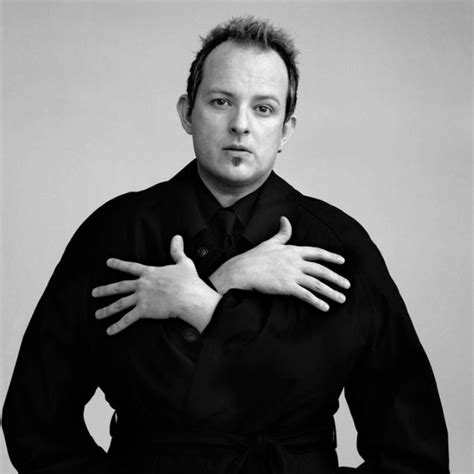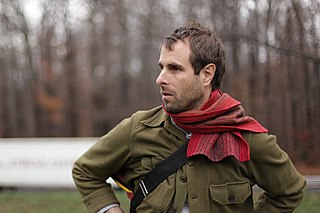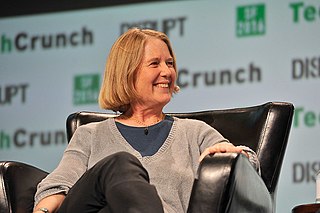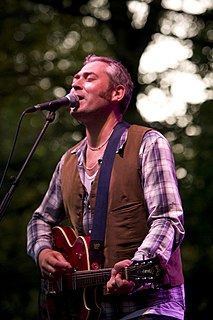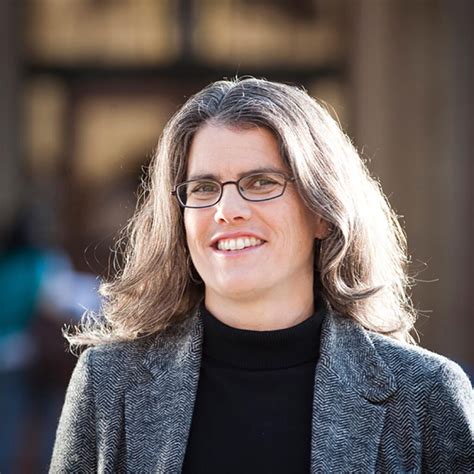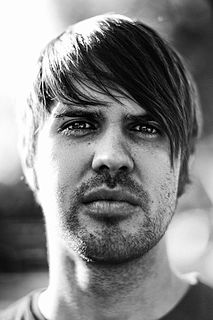A Quote by Apollo Robbins
When you look at all this massive data that comes in from our senses, and it all has to come in through this central point, it's really interesting that we can identify the filter that our mind is using to select what it thinks is relevant and what it's going to forget.
Related Quotes
We do not experience things as they really are! We experience things only through a filter and that filter determines what information will enter our awareness and what will be rejected. If we change the filter (our belief system), then we automatically experience the world in a completely different way.
In arriving at the relevant theory about the specifics of our faculty of vision we will presumably use our eyes to gather relevant data. Based on such data we come to know about the optic nerve, the structure of our eyes, the rods and cones, etc., so as to explain how it is that vision gives us reliable access to the shapes and colors of objects around us. In reliably arriving at that theory we thus exercise the very faculty whose reliability is explained by the theory. There is no vice in this sort of circularity.
I've never been very interested in literary narrative in movies, it always seems an obligatory trait and the least interesting of all the things film can do. It forces us to look through the thing instead of at it, it teaches us to ignore our senses and look for meaning outside the immediate world of our experience.
I'm still exploring. As I look back, Nénette Et Boni had a massive effect on the album we made after it, Curtains. I think it's been like that all the way through. Trouble Every Day had a massive effect on Can Our Love... I think it's allowed us to raise our heads, take a bit of a left turn, explore different avenues, and then come back to our own thing and see it in a different way.
I really don't worry too much about what I see through the viewfinder, at least not at that point, especially if I'm using a flash because I don't know what it's going to do. I just see vague potentiality. It's really working with a set of attributes that will hopefully interact in an interesting way.
Let's look at lending, where they're using big data for the credit side. And it's just credit data enhanced, by the way, which we do, too. It's nothing mystical. But they're very good at reducing the pain points. They can underwrite it quicker using - I'm just going to call it big data, for lack of a better term: "Why does it take two weeks? Why can't you do it in 15 minutes?"
Scientific knowledge is, by its nature, provisional. This is due to the fact that as time goes on, with the invention of better instruments, more data and better data hone our understanding further. Social, cultural, economic, and political context are relevant to our understanding of how science works.
